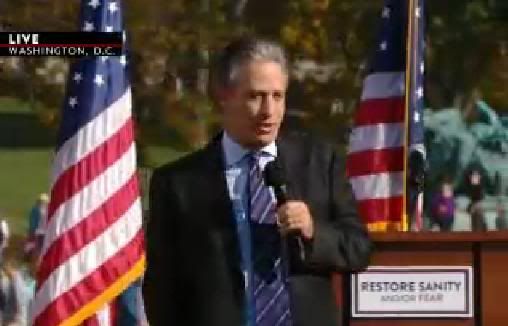Lidless wrote:In fact in the free economy if banks still are not lending (responsibly) to businesses ,each other and home owners - the only way to truly stimulate the economy without raising more debt is to raise taxes a bit and then pour it back into the economy, enhancing the cycle and getting more tax back again.
How is taking money out of the economy going to stimulate it?
How do you stimulate an economy by taking a bunch of money out of it... swirling that money around, and send some of it (not all) back into the economy?
Even if the government was perfectly efficient, and not a dime was wasted... how is it possible that tax money can possibly improve things... when every dime of it was taken out of the economy to begin with?
The reason banks and businesses are not lending or spending... is because every time they do, they put themselves at risk. Usually, these risks are offset by the potential rewards such an action may provide. However, when the government is actively saying they are going to raise taxes, and increase regulation... suddenly those rewards are questionable, and the risks are much more... risky.
In such a situation, the only way to get things moving again is for the government to step back, say they are going to do nothing, or better yet lower taxes and make risks more rewarding, so the money starts flowing again, rather than sitting still or simply being sucked up by the government.
This is one thing I have never understood why people don't get it. Businesses want to make money. They make money by taking risks and realizing opportunities. They don't make money by hoarding it. People and businesses save money (i.e. take it out of the flowing economy) to stave off risks when opportunities are scarce.
If the government lets people and businesses keep more of their money, it will be invested. If the government takes it... it can only at most be returned in smaller amounts.

